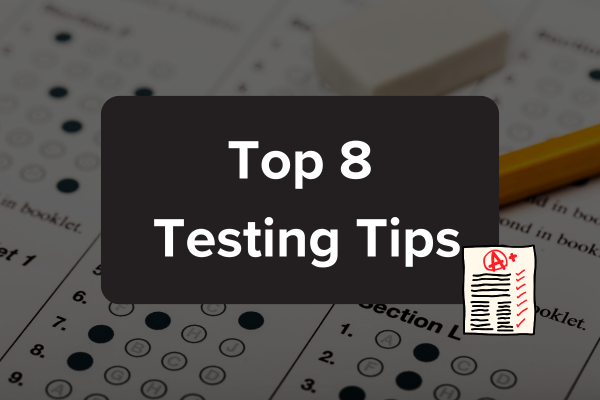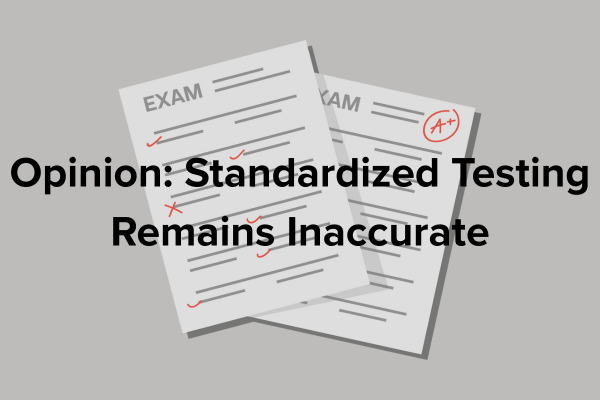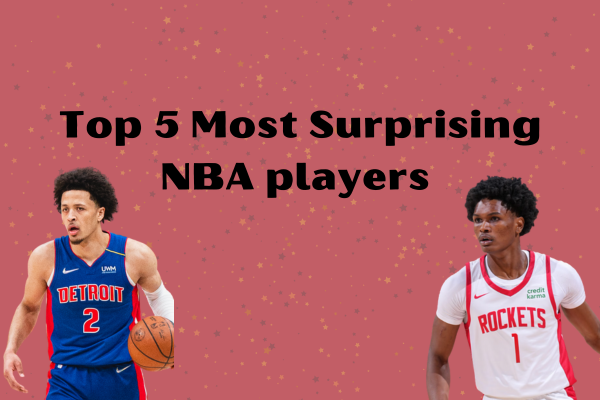You finally registered to vote, found your nearest polling spot and have looked forward to this moment for years. You get to the ballot and see dozens of names you have never heard of. How do you know who to vote for? Completely uneducated, you circle random candidates but have yet to learn what they stand for or who they are.
With the major presidential election approaching in November, one of the most essential parts of voting is knowing who to vote for—doing this research before saves awkward moments like circling random candidates in a panic. However, research often daunts young voters as most media stations and websites favor a particular political party or candidate. Using multiple sources to verify information is crucial, ensuring a thorough understanding of the candidates. Here are ways to see unbiased news and research before going to the polls.
Make a list of questions regarding each candidate
- Before you try to understand what candidates run for, you must first know what you stand for. Make a checklist of questions to ask yourself regarding your personal beliefs.
- What are the most significant issues in your community? What controversial topics resonate with you? How do you feel about the current state of America socially, economically, and politically?
- Questions like these will help you understand and align your beliefs with the candidate’s.
Determine which candidates will be on your ballot
- Although you might think you will just be voting for the president or governor, dozens of other candidates will likely be on your ballot. These can include congressional candidates (House of Representatives and Senate), state-level Supreme Court and the Board of Education.
- texas.gov is a good way to find a sample ballot for future elections.
Visit Campaign Websites
- Candidates commonly create websites that clearly outline their beliefs, what they will do in office, why they are running, etc.
- These websites are a good resource for determining a candidate’s intentions without having to do extensive research.
- Examples are https://joebiden.com for presidential candidates or https://www.jimmyblacklock.com/ for Supreme Court candidates.
Make a pros and cons list
- If still in doubt, make a simple pros and cons list.
- Almost every candidate will have things you do and do not agree with as a “perfect candidate” does not exist. Making a list and weighing out which beliefs are more important than others can help you understand the best option for you.






















